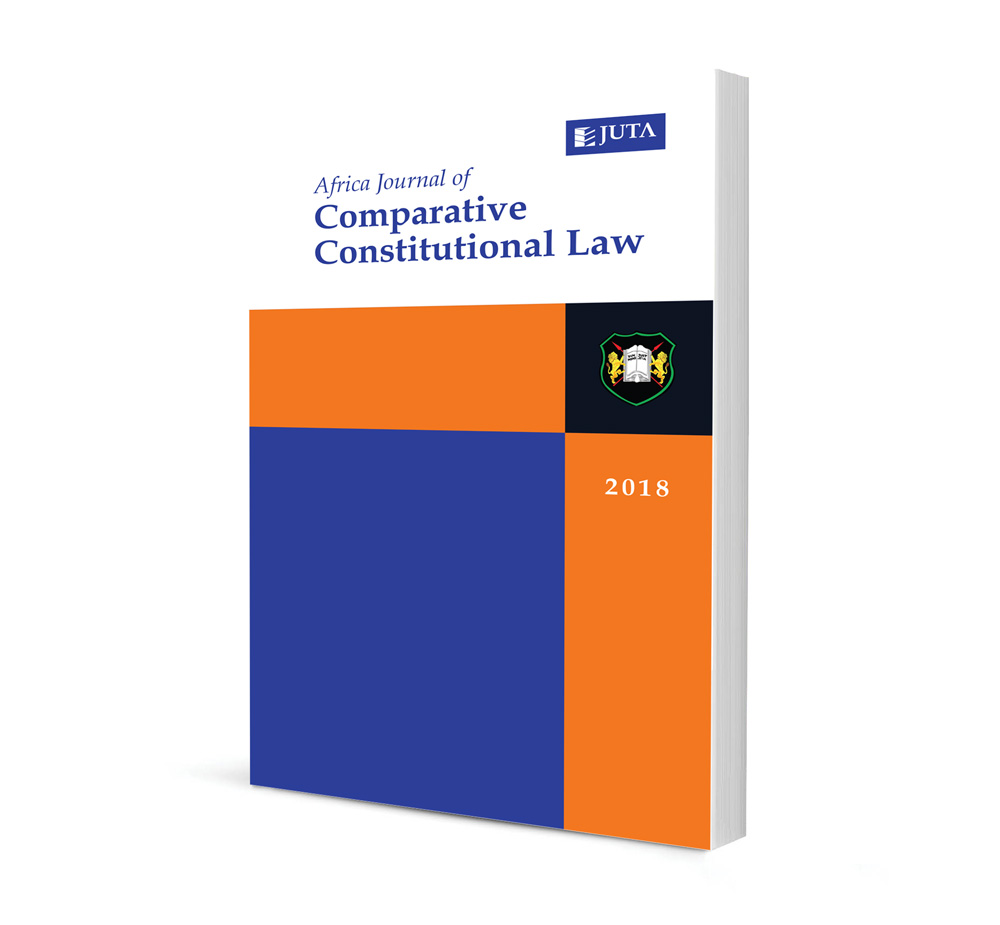Abstract
Die digitale revolusie tydens die laaste drie dekades het ’n enorme impak gemaak op die wyse waarop verbruikers en verskaffers tans optree. Hierdie ontwikkeling skep nou nuwe uitdagings vir verbruikersbeskerming en die regulering van verskaffers. Die verbruikersregbeskermingsmodel waarop bestaande verbruikersregwetgewing in Suid-Afrika en wêreldwyd geskoei is, moet opnuut in oënskou geneem word om te bepaal of dit nog in pas is met die eise van die internetverbruikerswêreld.
Die artikel skop af met ’n ontleding van die eienskappe van digitale verbruikers en die soort transaksies wat hulle sluit. Daar word ook daarop gewys hoe verskillende veilige betalingsmetodes bygedra het om die vertroue van verbruikers in internethandel te laat groei.
Die artikel ontleed die bestaande pogings om verbruikersreg wêreldwyd te harmonieer. Ten spyte van kulturele, sosiale en ekonomiese verskille bestaan daar nogtans ’n wye verskeidenheid van soortgelyke kwessies wat voorkom en wat vatbaar is vir harmoniëring. Dit is veral die geval met betrekking tot die kwessies wat internethandel opwerp. Landsgrense is vinnig besig om te verdwyn en oorgrensverbruikerstransaksies is nou alledaags wat verdere eise aan verbruikersbeskerming stel. Die invloed van die Verenigde Volke se Kommissie vir Internasionale Handelsreg (UNCITRAL) se Modelwet vir Elektroniese Handel en Transaksies (Model Law on Electronic Commerce) van 1996 op die Suid-Afrikaanse reg en verbruikersreg word ontleed. Daar word ook gekyk of die Wet op Elektroniese Kommunikasie en Transaksies 25 van 2002 wat op die Model Law geskoei is nog pasgemaak is om meer onlangse ontwikkelings baas te raak. Daar word ook ’n ontleding gedoen van die wisselwerking tussen die Wet op Elektroniese Kommunikasie en Transaksies 25 van 2002 en die latere Verbruikersbeskermingswet (Consumer Protection Act) 68 van 2008.
Die artikel toon hoe die groei van toegang tot slimfone in Afrika tot wyer toegang tot die internet aanleiding gee en daarmee bydra om die sogenaamde digitale gaping te vernou. Dit maak dit nou ook moontlik vir verbruikers in afgeleë landelike gebiede om deel te neem aan internethandel. Daar word verwys na die sukses met die elektroniese bankwese in Oos-Afrika in hierdie proses.
Die ontwikkeling van verbruikersreg in Suid-Afrika word as ’n voorbeeld gebruik om aan te toon hoe die plaaslike verbruikersreg wat tot relatief onlangs onderontwikkel was, deur omvattende wetgewing soos die Nasionale Kredietwet 34 van 2005, die Consumer Protection Act (Verbruikersbeskermingswet wat egter nie op Afrikaans uitgegee is nie) 68 van 2008 en die Wet op Beskerming van Persoonlike Inligting 4 van 2013 vernuwe is, maar dat hierdie wetgewing alreeds nie meer voldoende voorsiening maak vir die eise van internethandel nie.
Ten slotte word daar breedweg gewys op die vereistes waaraan verbruikersbeskermingswetgewing moet voldoen om voorsiening te maak vir digitale verbruikersbeskerming. Daar word ook aan die hand gedoen dat die feit dat baie Afrika lande se verbruikersbeskermingswetgewing nog onderontwikkeld is, die moontlikheid bied om moderne pasgemaakte maatreëls te ontwikkel met verwysing na verwikkelinge elders in die wêreld sonder om deur die langsame ontwikkelingsprosesse van elders te gaan.

